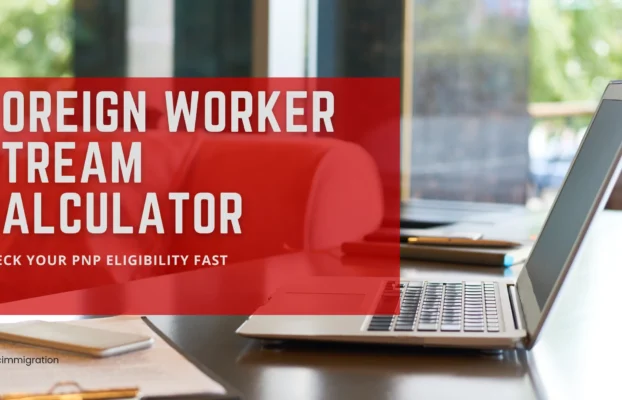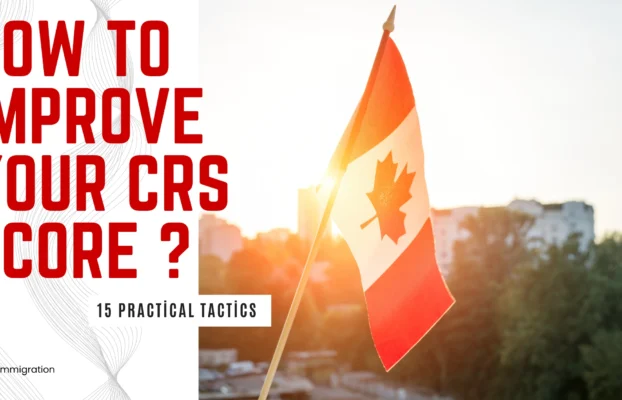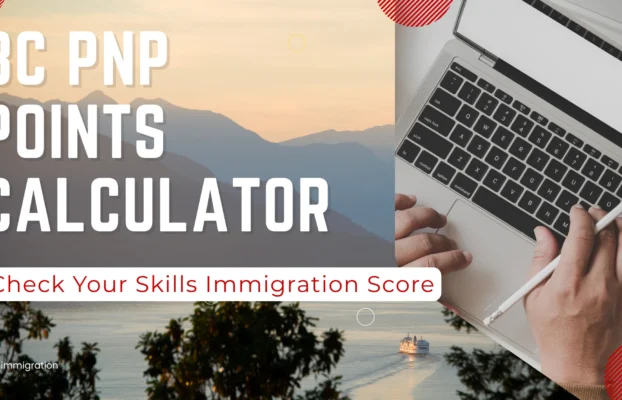Spousal sponsorship
Canada Spousal sponsorship
One of the goals of IRCC is “to see that families are reunited in Canada”. Canada allows permanent immigration of the spouses, common-law partners or Conjugal Partners of Canadian citizens or permanent residents. Successful sponsorships hinge on the genuine and ongoing relationship of the sponsor and the principal applicant.
Spousal sponsorship applicants must prove that they are in one of these relationships:
- Marriage – The couple, i.e. the Sponsor and the sponsored must be in a legally binding and committed relationship. This union must be recognized by the state and beyond that, they must prove that they are in an ongoing and loving relationship.
- Common Law – For couples that are not married but have been living together for at least a year, they can apply under the Common Law status. For this, you must show that you have been living together and sharing expenses for the past one year and like marriage, prove that you are in a genuine and exclusive relationship.
- Conjugal Partner – This category is for couples that cannot get legally married because of circumstances outside of their control. For this sponsorship to be accepted, the couple must prove that their relationship is conjugal, i.e., they have a mutual commitment to a shared life, they are in an exclusive, intimate, and permanent relationship and they are regarded by others as a couple. Although there is no set definition of a conjugal relationship, this is the basic idea of what the applicants need to prove to the IRCC officer.
When agreeing to enter a sponsorship relationship, the sponsor promises to cover the basic living expenses of the applicant. The undertaking begins the day the principal applicant becomes a Permanent resident and lasts for the next 3 years. If for some reason the relationship does not work out, the sponsor can enter another relationship but cannot submit another sponsorship for the new partner till 3 years have lapsed from principal applicant’s permanent residence. On the other hand, the principal applicant (sponsored spouse) has a bar of 5 years to sponsor a new partner from the day they become a permanent resident.
The spousal sponsorship process involves paperwork from both the sponsor and the sponsored, and for them to prove their credentials and the validity of their relationship. This involves descriptions of the relationship itself and proofs like wedding pictures, vacations together, social media and ongoing communications, and anything that proves that the relationship is genuine and present. Our NNC Immigration team has successfully filed numerous Sponsorship applications with a 100% success rate, as we are familiar with all the ins and outs of what is required to get your partner reunited with you.


Don't wait!
Book your Appointment today with Team NNC Immigration and make your PR journey easier



